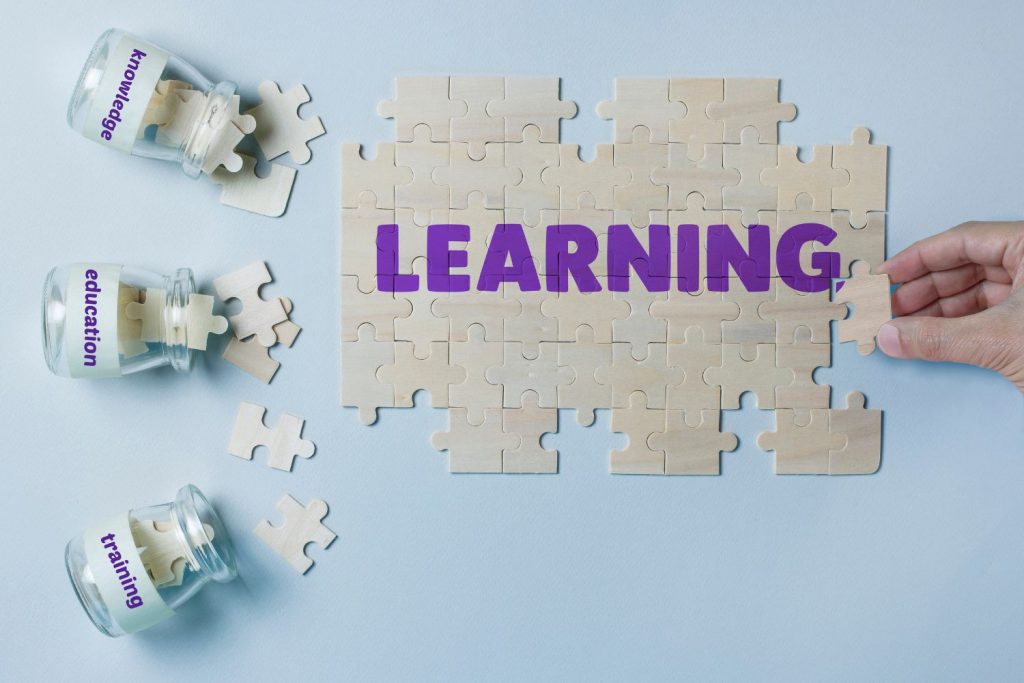In the rapidly changing landscape of work, where technology evolves at lightning speed and industries transform overnight, one constant remains: the value of skills. Continuous learning and skill development have never been more critical to staying competitive in the job market. In this article, we’ll explore the importance of identifying in-demand skills, leveraging online courses and certifications, and creating a personalised learning plan for your career development.

Identifying In-Demand Skills
The first step in investing in your career is understanding which skills are most relevant in today’s job market. Here’s how to do it:
Market Research
- Investigate industry trends and job market reports to identify skills in high demand.
- Consult job descriptions for positions you aspire to and note the required skills.
Networking
- Reach out to professionals in your field to learn about the skills that have helped them succeed.
- Attend industry events and webinars to stay informed about emerging skills.

Online Courses and Certifications
The digital age has made it easier than ever to acquire new skills. Consider these strategies:
Online Learning Platforms
- Explore online learning platforms like Coursera, edX, Udemy, and LinkedIn Learning for a vast array of courses.
Certifications
- Identify relevant certifications in your field that can enhance your resume.
- Consider industry-specific certifications, project management certifications, or digital marketing certifications.
Skill-Specific Training
- Focus on specific skills that are directly applicable to your career goals.
- Seek out courses with practical, hands-on components to apply what you learn.

Building a Personalised Learning Plan
Creating a structured plan for skill development is crucial for long-term career growth. Here’s how to do it:
Set Clear Goals
- Define your career objectives and the skills required to achieve them.
- Break down your goals into short-term and long-term milestones.
Allocate Time
- Dedicate regular time to learning and skill-building in your schedule.
- Consider enrolling in part-time or evening courses if necessary.
Measure Progress
- Periodically assess your skill development progress against your goals.
- Adjust your plan as needed to stay on track.
Investing in your career through skill development is an investment in your future success. By identifying in-demand skills, leveraging online courses and certifications, and creating a personalised learning plan, you’ll not only stay competitive in the job market but also position yourself for career advancement and fulfillment. Remember, in the dynamic world of work, adaptability and a commitment to lifelong learning are your greatest assets.






